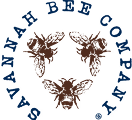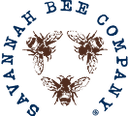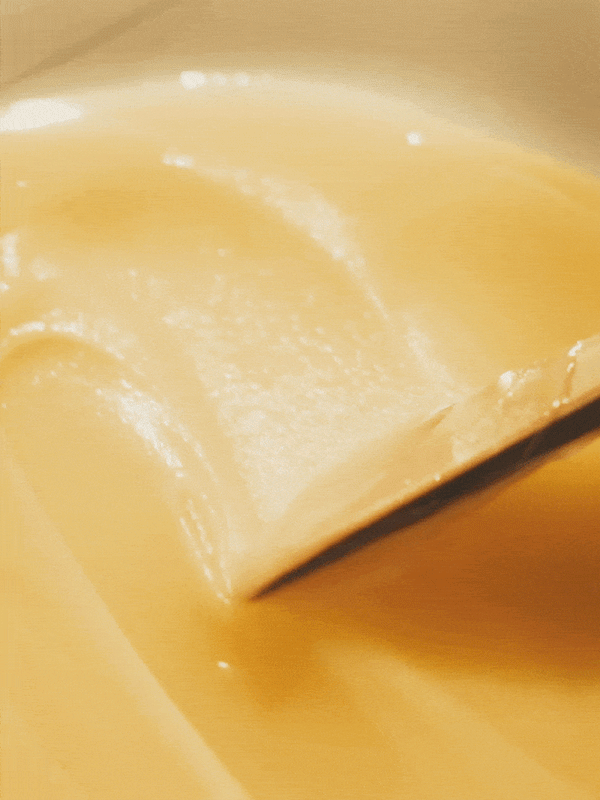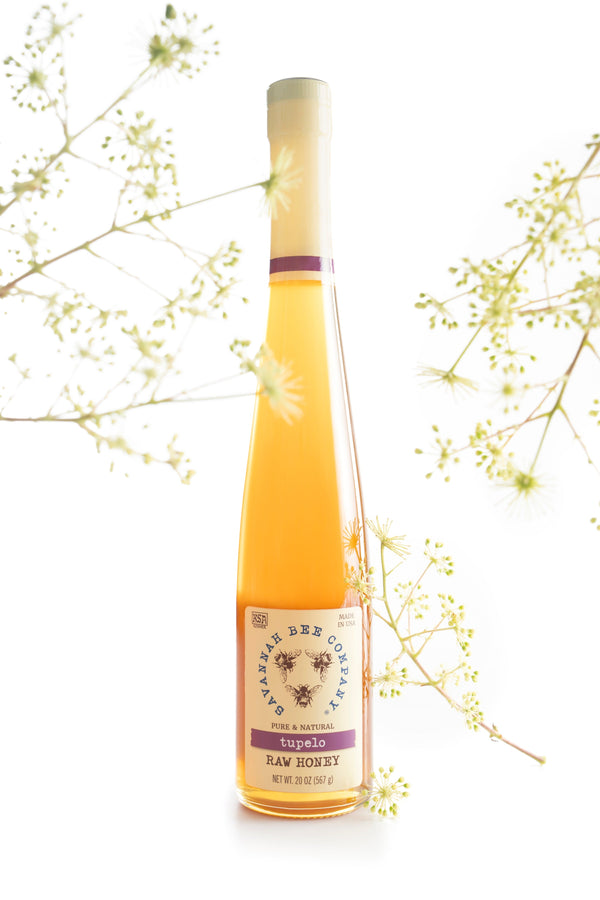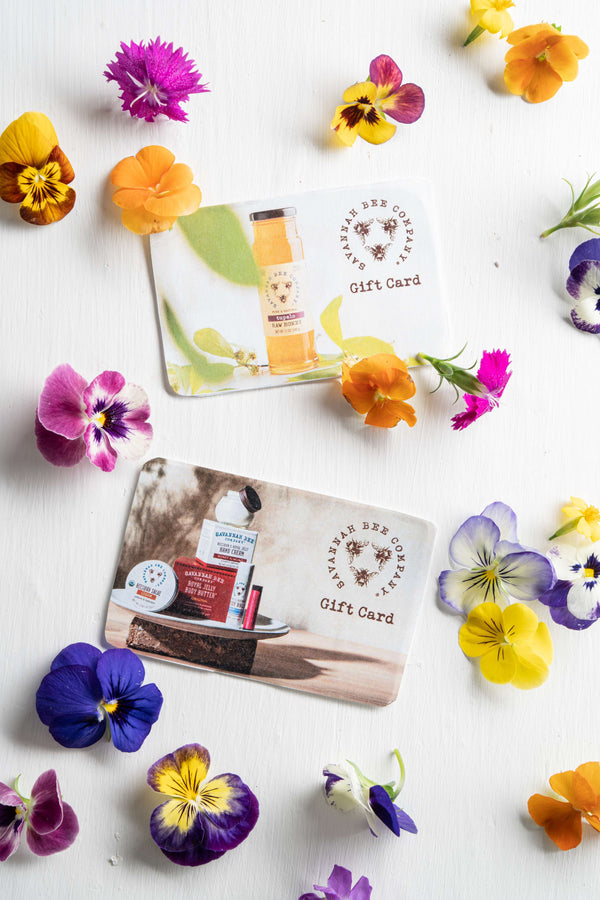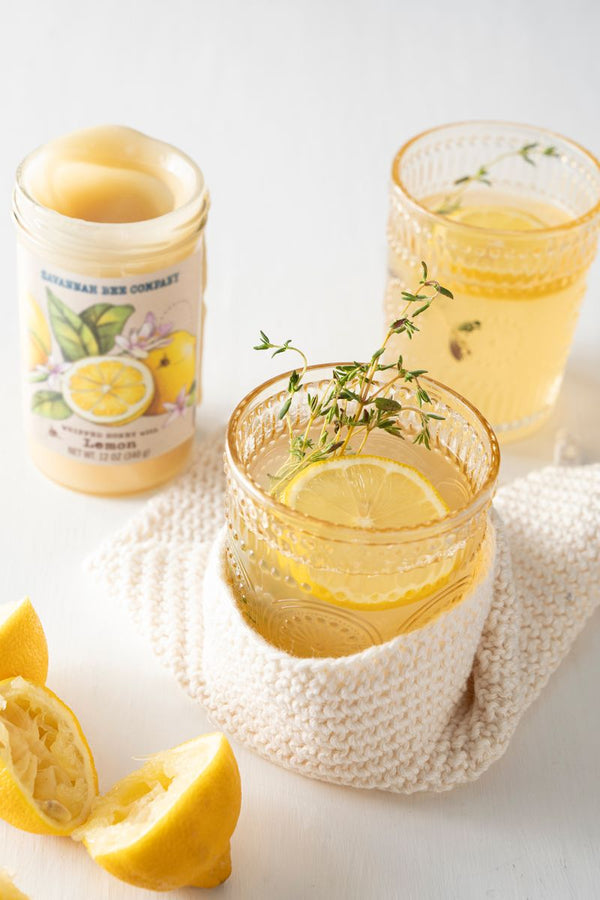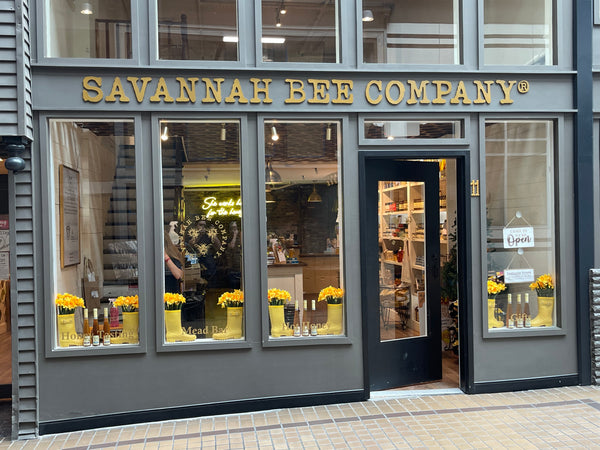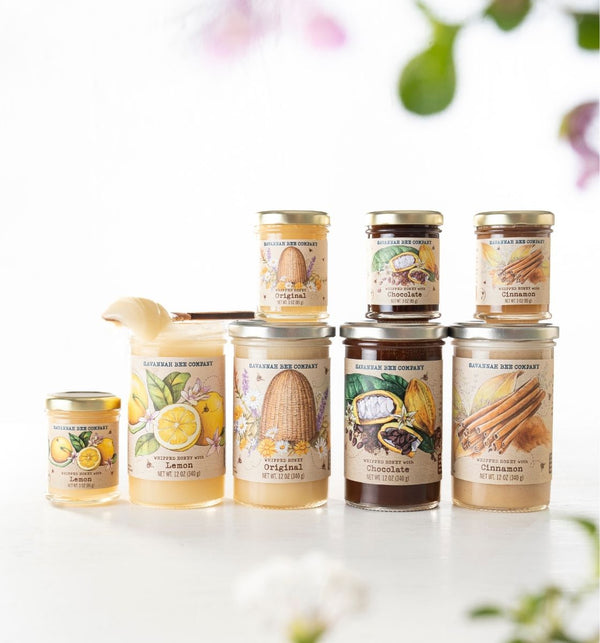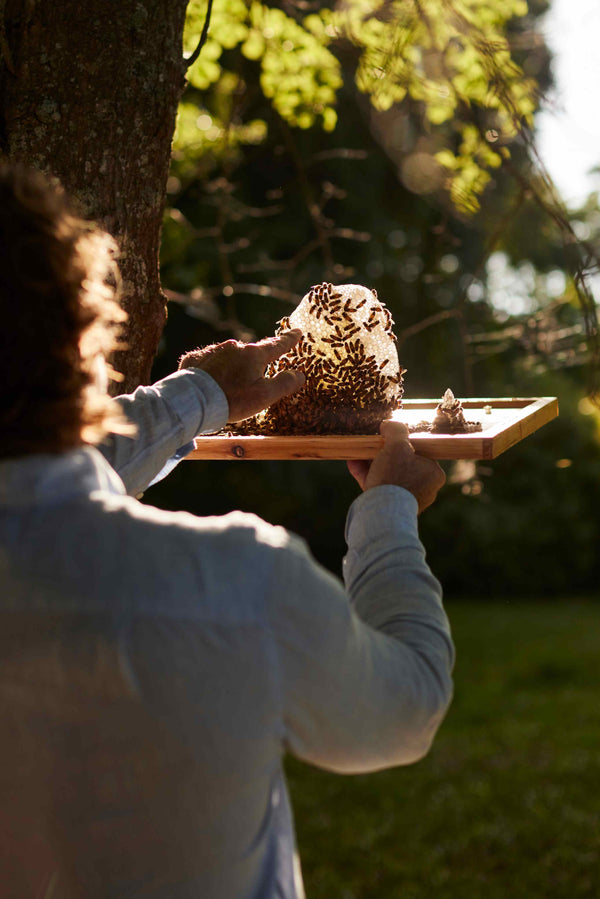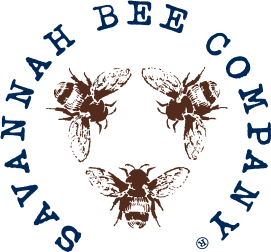Bees, Goalball & Blindness: Learning to Find Your Place in the Hive

Matthew Gavin seems like a typical 13-year-old kid ready for summer break: He can’t wait to read the latest sci-fi books, guffaws at dad jokes, and never wants to get out of the water.
“I’m not a big fan of the beach, though,” he is quick to clarify, however. “I really don’t like sand.”
The fact that he is almost completely blind barely registers as talks about hanging out with friends at the pool.

For Matthew, his visual impairment is old news, a story that began when he was a few months old.
“His eyes were twitching, and we noticed he didn’t like going out in the sun,” recalls his mother, Michelle. “So, we started taking him to eye doctors to find out what was going on.”
The search led them first to Emory University, where physicians found a genetic mutation for Leber congenital amaurosis (LCA), a rare vision disorder that affects the retina.
It took several more years for a pediatric ocular geneticist at Rochester University to pinpoint an exact diagnosis, and with it, the prognosis that Matthew’s condition was degenerative—and he would eventually lose his eyesight altogether.
When he was nine, he and his parents began compiling a “bucket list” of things he wanted to see up close before the windows of retinas closed.
Along with swimming with sharks in Orlando and examining an elephant, studying bees was at the top of the list.
Lucky for him, one of the region’s more enthusiastic bee experts worked right down the road: When Savannah Bee Co. founder Ted Dennard heard about the young man’s quest to come face to face with the bees, he invited Matthew to spend some time in the flourishing garden behind the company showroom.

Donning a netted beekeeping hat and other protective gear, Matthew followed Ted around the flowers and hives, experiencing the many ways bees affect the senses.
“I remember sitting in the bee shack, which is a wooden building with a bench inside, and there’s a beehive right under your seat!” shares the eager pupil.
“I laid down on the bench and listened to the buzz of the bees. It was just the most calming experience; I could have gone to sleep in that room. And I could smell the honey—it smelled so good!”
Ted also placed a few worker bees in a glass tube so that Matthew could examine them, taking in their fuzzy bodies and the way their legs fiddled with the beeswax.
But it was discovering the way that royal jelly—the gelatinous substance that nourishes newly-hatched larvae—determines a queen that really blew his mind.
“It’s like magic how it alters their genetic make-up so that only a few larvae become queens,” he relays with astonishment. “I didn’t know any of that! Mr. Ted was really good at explaining things to me.”

As Matthew checked off the items on his bucket list, his attitude and curiosity did not dim with his vision.
When he was 11, one of the mobility specialists who was teaching him to use a red-tipped cane introduced him to Goalball, a Paralympic sport specifically for visually impaired and blind athletes.
All players wear blackout goggles to ensure everyone has the same advantage, and Goalball remains one of the only Paralympic sports with no able-bodied equivalent.
Georgia Blind Sports founder Hal Simpson helped recruit Matthew to an Atlanta-based men’s team, and Paralympic head coach Keith Young has brought the young player to the team’s home base in St. Augustine.
Most youth Goalball teams, however, are associated with boarding schools for blind students, and Matthew is happy staying in Savannah for his high school years.
Now the goal is to bring Goalball to Savannah and the greater area so that other visually impaired kids who aren’t enrolled in boarding schools can forge their own team.
“I wasn’t really getting to play with kids my own age,” Matthew explains. “Now that I have a sport, who can I play with? That’s one of the reasons I’d like to expand this.”
He and his mom, a public relations professional, got the idea to host the first local Goalball tournament last April, inviting players of all abilities to come to the court.

Such an endeavor needs support to help pay for equipment and a location, and one of the first potential sponsors Matthew turned to was Savannah Bee Co.
“They said ‘yes’ right away,” he says with a smile, adding that he and his mom are working on planning more Goalball games for the fall.
Though his initial bucket list is behind him, Matthew still has plenty of things he’s excited to do.
He wants to swim under a waterfall, and his family is planning a trip to London so he can experience some of the cool places he’s read about in Harry Potter.
He’ll also be attending Camp Abilities this summer, a sports sleepaway camp in Columbus, GA where he’ll get to hone his athleticism with other visually impaired kids.
And though he remains fascinated by the sci-fi-level alchemy of the bees’ royal jelly, he’s not interested in changing his own genetic make-up to give him perfect vision, even if it were possible.
“If someone offered me the vision that anyone else has, I’d say no. I’ve lived with this for 13 years,” he says with a small shrug.
“I was born with imperfect sight, and it’s part of what has made me the person that I am.”
By Jessica Leigh Lebos
Published
